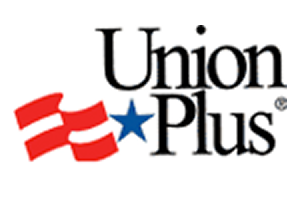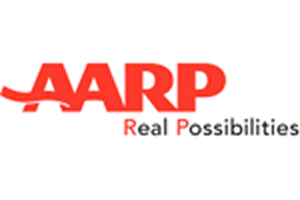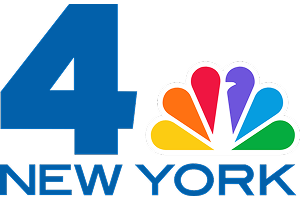800.696.9529
Queens Chapter 13 Bankruptcy
If you are struggling to pay your bills because you are burdened with substantial debt, there are ways to reduce your debt or make your debt more manageable. Such options include filing for either chapter 7 bankruptcy or chapter 13 bankruptcy. Chapter 13 bankruptcy is also referred to as reorganization bankruptcy. Unlike chapter 7 bankruptcy, chapter 13 does not result in all or much of your debt being eliminated. Instead, through the chapter 13 bankruptcy process you establish a manageable payment plan that will allow you to pay your creditors over 3-5 years. Filing chapter 13 bankruptcy make be the best option for you to pay your debt and avoid foreclosure, garnishment, or bank account levy. If you are trying to figure out how to eliminate substantial debt, it is important to immediately contact an experienced New York Chapter 13 Bankruptcy Lawyer who understands the complexities of bankruptcy laws and who will explain your options for managing your debt.
Qualifying for Chapter 13 Bankruptcy. Because chapter 13 bankruptcy requires you to use your income to pay some or all of your debt, in order to qualify you must prove that you have sufficient income or assets to make regular installment payments. If your income is too low, you will not be permitted to file for chapter 13. Income that will be considered includes you wages or salary, money you make from self-employment, pension payments, social security benefits, disability payments, unemployment benefits, public benefits, spousal support, and proceeds from selling property.
In addition, if you have too much debt, you will not be permitted to file for chapter 13 bankruptcy. Your secured debt cannot exceed $1,149,525 and your unsecured debt cannot be more than $383,175. These amounts are adjusted periodically. A secured debt is one that involves collateral. For example, if you have an auto loan from an auto dealer or a finance company, the vehicle you purchased with the loan would be the collateral.
Another requirement for chapter 13 bankruptcy is that you must be up-to-date with your income tax filings.
Pre-Bankruptcy Credit Counseling. Before filing for either chapter 13 or chapter 7 bankruptcy, the law requires that you attend credit counseling. This pre-bankruptcy credit counseling must occur within 6 months prior to filing. The counseling session must be with a credit counseling organization approved by the U.S. Trustee Program. The session will include an evaluation of your personal financial situation, a discussion of alternatives to bankruptcy, and a personal budget plan.
Chapter 13 Bankruptcy Process. A chapter 13 bankruptcy begins with filing a chapter 13 petition with the bankruptcy court in your area. No later than 15 days after filing the petition, must submit a proposed payment plan. Your proposed plan will include a schedule of installment payments that will last between 36 and 60 months. The next step is that you will meet with your creditors. Not all of your creditors will attend the meeting. However, the meeting is an opportunity for the creditors that do show up to ask you questions regarding your financial situation.
There will then be a hearing in the Bankruptcy Court. The judge will review your proposed plan and determine if it is reasonable and if it meetings the standards set forth in the bankruptcy code. Your creditors are allowed to attend the hearing and they can object to your plan. You then must start making payments according to the terms of the plan.
Whether the best solution to your financial problems is filing for chapter 13 bankruptcy or another option such as chapter 7 bankruptcy, debt consolidation, or debt settlement, it is important that you do not ignore the problem. The staff at Stephen Bilkis & Associates, PLLC has extensive experience helping clients eliminate secured and unsecured debt, responding to creditors’ claims, filing for chapter 7 and chapter 13 bankruptcy, avoiding foreclosure and dealing with out issues related to debt relief. Contact us at 800.696.9529 to schedule a free, no obligation consultation regarding your debt issues.












